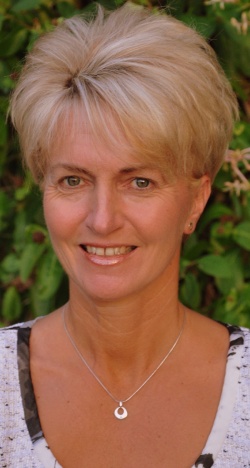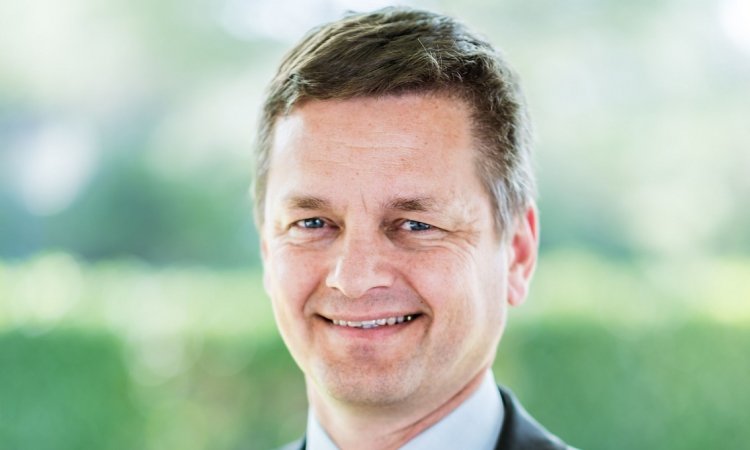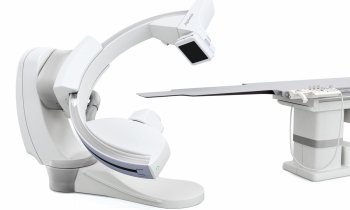Cardiology
Previewing the impact of new technology
As well as this year’s programme being the biggest yet, with 76 plenary sessions, there are also sponsored symposia from Janssen and CamNutra. Additionally, the USA’s Mayo Clinic will provide the Cardiology Review Course, with representatives from Rochester, Minnesota, delivering some sessions.


‘The conference also embraces its 18 Affiliated Groups, many of whom have dedicated sessions/linked days in the sub-specialties. This brings sub-specialty societies, nurses, technicians and patients to the conference. This is an opportunity to bring together the multi-disciplinary team, which is how we all work - as a team.’
Valvular heart disease is the focus of another session: Genotype connections in familiar sudden cardiac death syndrome; diagnostic and therapeutic challenges in HCM; electrophysiology in adult congenital heart disease; TAVI and implications of multi-modality imaging in patient selection, procedural guidance and outcomes; sports cardiology, and discussions on Primary PCI posing the question, should we change practice?
In the light of inquiries and investigations in recent years over performance at several UK cardiac centres, a particular focus will also be on ways to continue to provide high quality service as well as improve cardiovascular outcomes.
Education
‘There’s a dedicated training day for trainees and revalidation for the cardiologist is facilitated through our E4R education for revalidation track and new Lifelong Learning sessions,’ Dr Sarah Clarke, BCS Vice President for Education and Research, points out. ‘There are tracks for imaging – which aim to show everybody what all modalities of imaging can offer - clinical science translational research looking at cutting edge clinical science coming into clinical practice, and basic science, from bench-to-bedside.
A fall in industry attendance, due to regulations and the economic climate, has created extra exhibition space ¬¬– now turned into the Education Hall, for interactive zones such as simulation, where people can refine their technical skills in angiography, PCI, TAVI, renal denervation, pericardiocentesis and transeosophageal echo, helped by an experienced trainer.
An imaging village will provide dedicated workstations in CT, MRI and nuclear medicine for delegates to improve their interpretation skills, with trainer guidance, and there are a live echo station, ECG station and resuscitation workshops for individuals or teams, as well as interactive poster sessions for 250 posters.
Last year the BCS introduced ‘hot topics’ in Education Hall – short 15-minute presentations of FAQs, key messages and ‘how to’ sessions covering selected cardiology, research and professional topics as well as interviews with various VIP guests. ‘They were so successful that this year we have 112 hot topic sessions over the three days in four zones, one of which the BHF is coordinating,’ Dr Clarke explains. ‘It’s a very educational, interactive and inclusive conference and has grown over the years. This year will be the biggest in terms of what we offer from an education point of view and in delegate numbers. We have also worked hard to inject more liveliness into it and making it not only educational but fun too. It’s about delivering education in a slightly different way.’ How? With a cardiology quiz and ‘cardiology rocks’ session in which a drummer from the group Skunk Anansie will demonstrate the amount of cardiopulmonary exercise a drummer will go through during a rock concert.
Dr Clarke: ‘We hope delegates with have an enjoyable educational experience, plus an opportunity to interact with colleagues in a dedicated environment.’
Profile:
Consultant cardiologist Sarah Clarke MD is Clinical Director for Strategic Development at Papworth Hospital, Cambridge, with a special interest in interventional cardiology.
As Clinical Director of Cardiac Services from 2006-12, Dr Clarke implemented the Primary Angioplasty Service for Papworth’s heart attack patients as well as the roll out of the PPCI service to the East of England.
As BCS Vice-President for Education and Research, she is responsible for delivering the Annual Conference and she chairs the Programme Committee (2011-14).
25.04.2014











